
Douglas Whyte always reminds me that one can count your friends on one hand minus a few fingers.
This is a Life Lesson and nothing to do with his career as a legend of racing, though, more and more, one sees it being relevant to an industry without real friends, which stops it from being a truly global industry and weakens its pulling power and marquee value when compared to other sports.
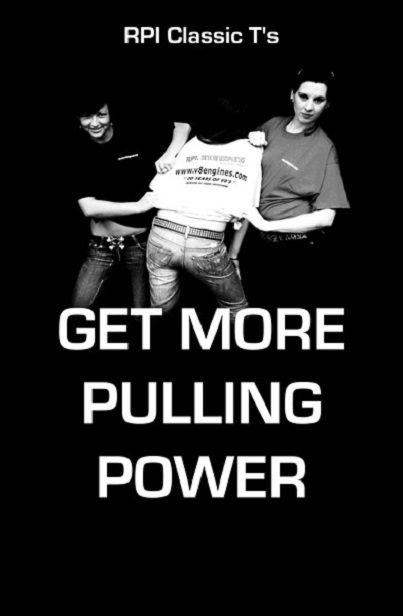
Why? It’s still very much a one-dimensional industry made up of the same old players- an old boys club with outdated rules like the one where jockeys can’t bet, but their wives and girlfriends can. Oh please.
There are also other old rules and outdated wheels attached to a business model that hasn’t changed- or been looked at being changed in decades- and why it plods along covering all-too familiar terrain that’s irrelevant to the new racing fan- be it the new race-goer or horse owner.
People power
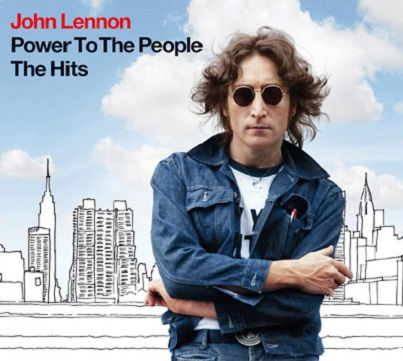
People make an industry and no racing club- just like a music company or ad agency- is capable of real Change as opposed to cosmetic changes if there doesn’t exist those who understand what it takes to bring about this change, and see where this sport fits into that buffet of choices available to consumers today.
Don’t get me started: I can go through a list of the vapid, inept, hangers-on in an industry few new talent wish to join.

Why?
Apart from the pedantic politics that often keeps one from thinking outside of the stable box, there’s the stigma and constant guilt from those outside the sport that, if in horse racing, or thinking of entering it, one is “promoting gambling” and “corrupting young minds”.
There’s no “gambling” attached to other sports, let alone gambling on the stock market, the various property markets and even love and marriage?
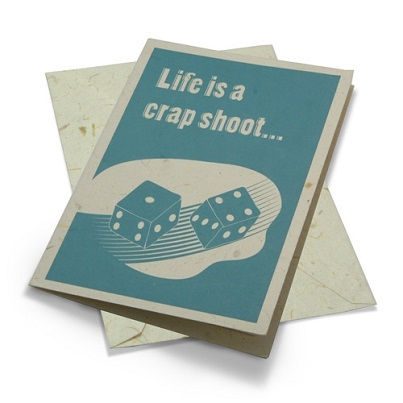
Yet, horse racing is always left to be the fall guy.
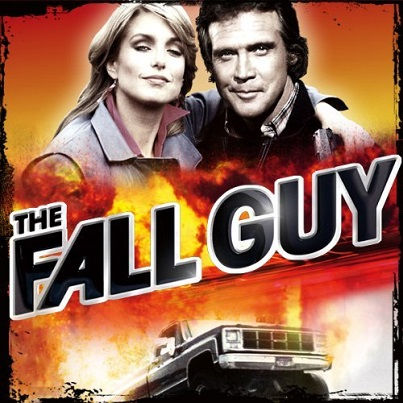
In the Land Down Under
In Australia, most know who’s behind what and in what state and how, when there is racing every day of the week, it can be so easily manipulated.
If you’re not following me here, switch off and listen to Bananas ‘N Pajamas and whistle a Jason O’Donovan song.
The Australian racing industry is almost beyond repair, and it’s not all the fault of Peter V’Landys.
The self-proclaimed Saviour of Australian racing would hate to hear it, but he’s looking more and more like a stooge and not a leader.
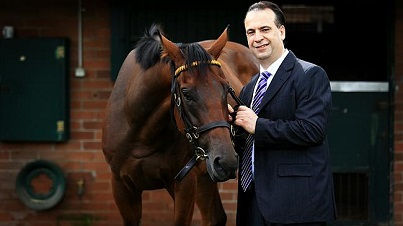
Who owns www.petervlandys.com- and why?
When someone in Perth has registered the domain name www.petervlandys.com and is there to be bought by the highest bidder, it shows a scenario to racing which, in many ways, is not exclusive to that of the land Down Under.
It might seem trivial, but www.petervlandys.com is not the only domain name of interest up for sale involving the racing industry- and it would be foolish to shrug this off as an “isolated case”.

Who owns www.pansutong.com- and why?
In Hong Kong, high-profile Chinese horse owner and one of the biggest investors today in the global wine industry- Pan Sutong- has had www.pansutong.com registered- in Pakistan.
Why? Who knows? But it’s not been done for fun.
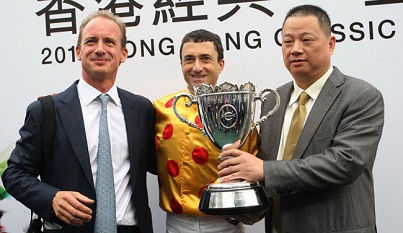
Does TVN own its own YouTube channel? Does it know? Really? And if not?
How many Facebook pages to do with racing personalities- and not belonging to them- have already been setup with future plans in mind?
There is much more happening in the lawless online world to do with horse racing that few know about- the subject of ownership of content, Copyright issues, new online platforms, the ‘kive’ streaming of races via apps etc etc.
All this goes on while too many racing executives spend their time trying to get their heads around that constantly evolving beast known as “social media”.

What does all this mean?
Opportunists from other industries are moving into the horse racing business- and not the usual suspects whom we all know only too well.
In other words, there is a non-racing world becoming more “adventurous” and “creative” about business opportunities offered by the sport that many in it those have no idea about as those blinkers remain firmly fitted along with a false sense of power.
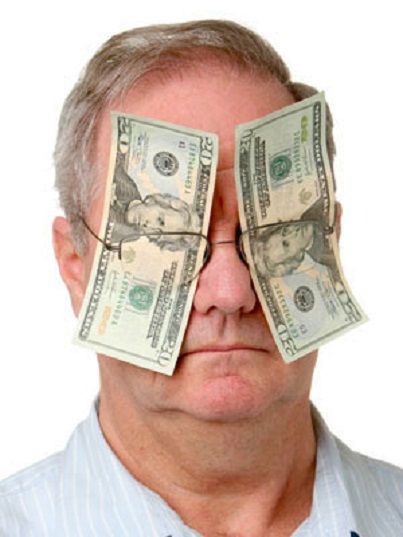
Take us to racing’s leader…
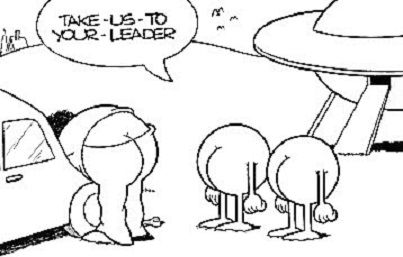
So, who in racing- as a global sport- has the foresight and insight to look into all of this and ensure that sloppy management doesn’t give it a worse image than it already has?
Who is there to improve the image of the sport in order to attract those in the bigger pantheon of entertainment who remain uninterested in becoming involved in horse racing as the perception is that here is the black sheep of sports?

While one reads about the corruption within FIFA, the questions about Sepp Blatter, the very strange performance of Brazil against Germany yesterday, the fixed cricket and soccer matches, the constant questions about Bernie Ecclestone and the power he wields over Formula 1, the Lance Armstrong embarrassment to the Tour De France, all the drug cheats in baseball, American football and even the Olympics, somehow, somewhere, all is forgiven.
One goes on Oprah, cries, repents, checks into rehab, and the mainstream media does the rest by brushing it under the carpet so it’s back to Business As Usual.

In racing, one indiscretion and the stench lingers on.
Is it to do with the world of horse racing- despite all that camaraderie shown earlier this year at Noah’s ARC- the Asian Racing Conference- being an industry that has few real friends within, but, instead, a common distrust and petty rivalry that stops the sport coming together and seen as a unified industry?

And where to now?
Racing administrators through the years, and even today, have failed in their fundamental obligations and responsibilities to their industry and those involved in it- and the community at large, the decision makers and opinion shapers- to thump their chests and boast in loud voices from the hills and rooftops this fact: RACING WAS THE FIRST SPORT TO ENACT ITS OWN CODE OF INTEGRITY.
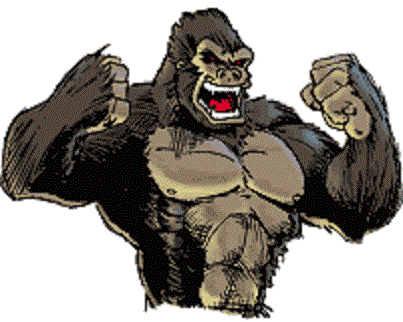
Think about it: Racing was ahead of the times- and yet remains its own worst enemy, something that that has everything to do with the quality of its leadership – a leadership which is timid and risk averse; a leadership that is afraid and lacks the courage to promote its strengths, acknowledge its weaknesses and come out of the closet in which it has been hiding in for decades, and, for once, eyeball the community and have genuine conversation about what makes racing the great sport which it unquestionably can be.

While racing continues to bare its soul in all matters relating to integrity, where does soccer, cricket, cycling, athletics, tennis, swimming, basketball, or, for that matter every other mainstream competitive sport stand?

Not a day seemingly goes by without one of these sports being scandalized by match fixing and drugs.
Are they demonized and nailed to the cross like racing is?
Isn’t it time racing’s leaders stood up for the sport- as one unified team- to which they claim to have an overwhelming passion for and commitment to see it progress?

The racing season that ended on Sunday was THE most successful in decades for the HKJC- and the sport on a global level.

How many racing clubs are proud of this feat- and have expressed It to Winfried Engelbrecht-Bresges, CEO of the Club, or his team?
Too shy to do so?
What can other racing clubs perhaps learn from this Hong Kong success?
Could it have a rub-off effect- with new sponsors, new partners, new talent, those new to racing and watching from the sidelines of a market like Mainland China?
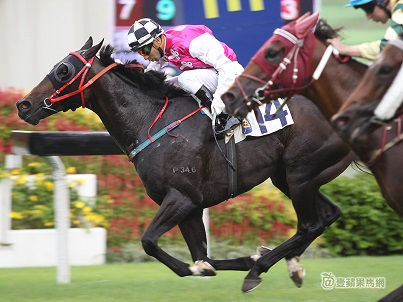


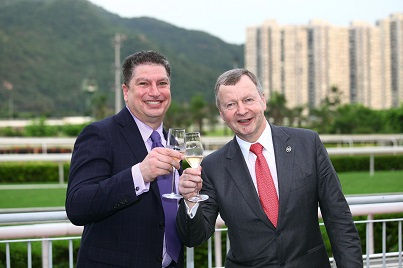
With the right promotion and media coverage beyond the racing pages, could this help turnaround and improve the image of racing?
Or will this be another missed opportunity through jealousy, insular thinking and a refusal to see The Big Picture because some don’t wish to, or cannot, or are consumed with jealousy despite the usual shows of harmony and camaraderie?

Hans Ebert
© Fast Track 2014 All Rights Reserved No part of this website or any of its contents may be reproduced, copied, modified or adapted, without the prior written consent of the author, unless otherwise indicated for stand-alone materials.
Comments